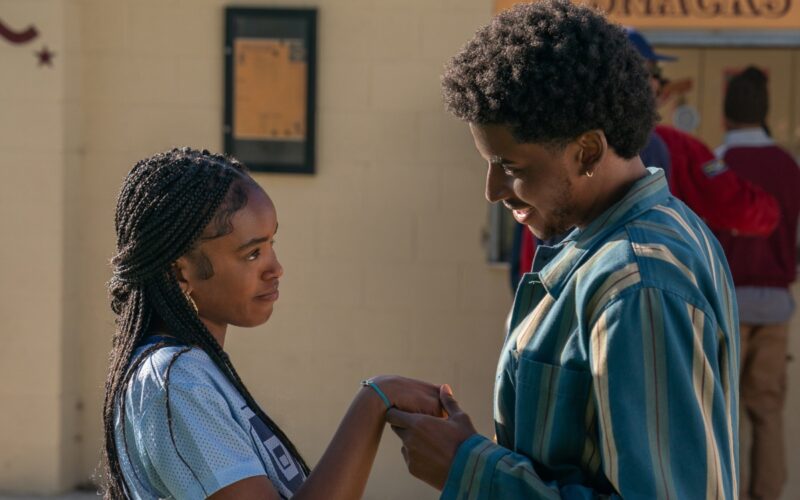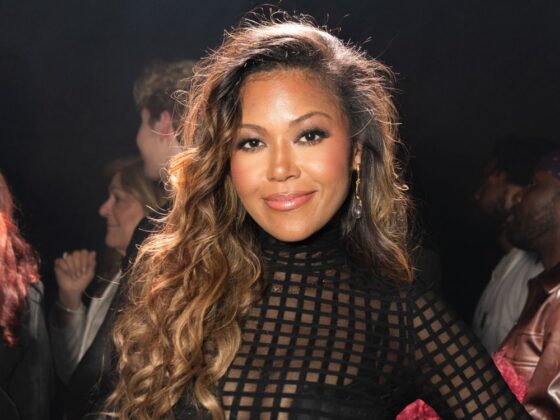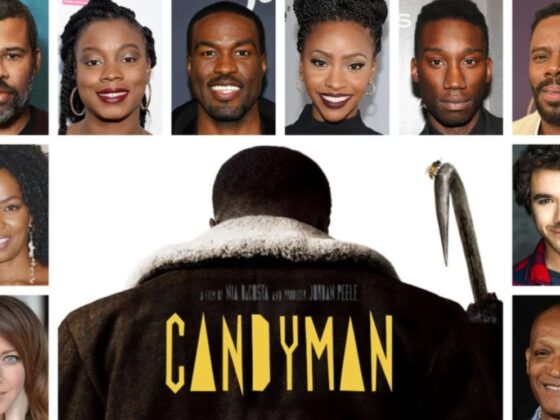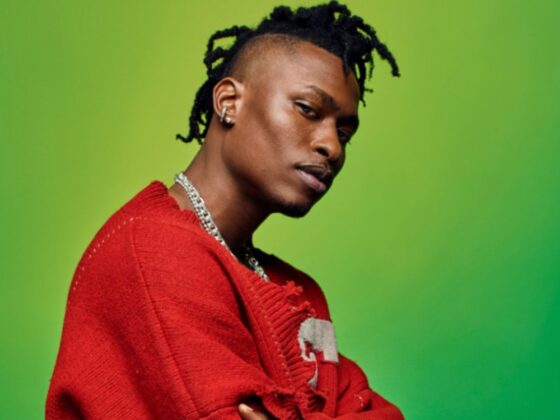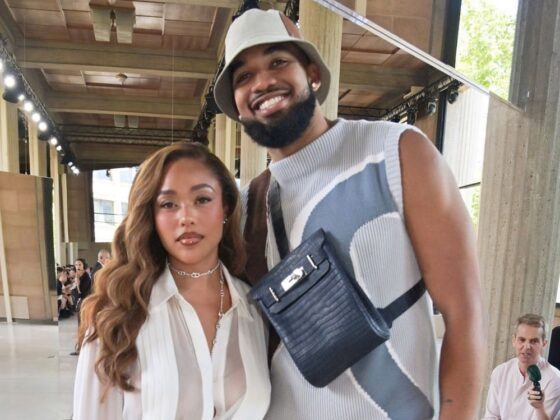In young adult television shows, the power of representation should not be underestimated. Shows that have utilized Black leads have shaped generations of children and culture. When it comes to a timeless character, they must have a lasting appeal, cultural impact, and a reliability factor that transcends across generations. Since the 90s, there has been a rise in Black-led young adult shows. Here are some timeless feel good young adult television shows with Black leads.
1. Tia Landry and Tamera Campbell in Sister, Sister (1994)
In a time where only one or two black characters were shown in teen television (aka Full House, Saved by the Bell, and Boy Meets World), Tia Mowry and Tamera Mowry-Housley showed that they can hold their own as leads of their own sitcom despite the show not initially being picked up at first. Sister, Sister changed the narrative that two black girls can be stars and not the supportive sidekick to a white protagonist.
What made Tia and Tamera’s roles authentic wasn’t the fact that they were twins in real life. It was the fact that the twins showed young black kids that it’s okay to be quirky. Kids from the 90s aspired to be like Tia and Tamera because they were relatable – they portrayed a sibling relationship realistically but also showed healthy ways to communicate and work through their differences. Sister, Sister showed networks that Black-led shows could be successful, paving the way for future series with young Black leads.
2. Moesha Mitchell in Moesha (1996)
Played by the multihypenate Brandy Norwood, Moesha was one of the first network shows centered around a young Black teenage girl’s point of view. Moesha Mitchell was a role model to Black kids – she cared about school, always spoke her mind, and was wise beyond her years, which is a narrative not often given to the Black community. She normalized box braids, and her fashion is still copied to this day. Moesha always knew her worth and taught children never to settle for less. While her character might have been messy, Moesha stands the test of time as one of the best Black YA leads.
3. Kim Parker in The Parkers (1999)
Despite originating as Moesha’s best friend, Kim Parker shines in her spinoff show, The Parkers. While Countess Vaughn is praised for her comedic timing, she brought to Kim, it was the fact that Kim was portrayed outside the “sassy, fat, Black sidekick” stereotype. She embraced her curvy figure by having a style that was loud, colorful, and unique to her. Kim didn’t let anyone put her down, showing young black people that it’s okay to stand up for themselves when it comes to fatphobia. On top of that, Kim was often seen dating without her weight being the topic of discussion, showing that people of all body types can be seen as desirable. It was rare during this era to see a plus-sized co-star leading a sitcom with another plus-sized actress at the time (Mo’nique), proving that Kim Parker will always be relevant.
4. Raven Baxter in That’s So Raven (2003)
Portrayed by the legendary Raven-Symoné, Raven had an unapologetic personality shown through her slapstick comedy that encouraged young viewers to embrace their uniqueness. Her bold fashion choices inspired millions of kids to express themselves through their clothes. Raven was flawed, and she made mistakes, but she resonated with kids across the world. Her character allowed audiences to see a Black girl as multifaceted, navigating life with humor and heart. Raven’s role led the way for future leading Black girls such as Zendaya, Keke Palmer, and China Anne McClain. Raven Baxter proved that a show about a Black girl can be relatable to a large audience, as That’s So Raven broke Disney’s infamous 65-episode rule and was the longest-running show of its time before Wizards of Waverly Place.
6. Justin Edwards and Keisha Clark in Forever (2025)
Played by Michael Cooper Jr. and Lovie Simone, Forever captures an epic love story of two Black teens (Justin Edwards and Keisha Clark) finding out their identities and going through their first love. Michael took on the challenge of playing an awkward, emotionally vulnerable teenage boy, which is uncommon for audiences to see Black teenage boys portrayed as. Justin teaches Black teenage boys that vulnerability is necessary and suppression is not the answer to life’s problems. With Keisha, her role is not limited to the girlfriend perspective, which can often only circle their love interest. Keisha is a fully rounded character, given space for her family, trauma, and triumphs. Audiences have fallen in love with this nuanced portrayal of Black teen love, which will make these characters resonate across generations.
Honorable Mentions:
True Jackson in True Jackson VP (2008)
Zoey Johnson in Grown-ish (2018)
Spencer James in All American (2018)
From the 90s to now, these characters have helped shape their generations and many more to come. Their stories continue to inspire, reminding us that Black Leads in young adult television are necessary and timeless.

